BASEL, Switzerland: In a new study at the University of Basel, researchers have investigated how cariogenic bacteria manage to survive in dental plaque, despite often hostile conditions. The results showed that the more calcium cariogenic bacteria dissolve, the greater the bacteria’s calcium tolerance and survival capability in the biofilm become.
In the caries process, cariogenic bacteria in biofilm cause calcium to diffuse out of the enamel. The dissolution of calcium increases the concentration of calcium locally, creating an environment that is hostile to bacterial life.
The researchers sought to understand how the bacteria tolerate high calcium levels and hypothesised that exopolysaccharides (EPSs) excreted by cariogenic bacteria support the species’ adaptation to local conditions by calcium binding. EPSs consist of insoluble sugar residues and form the biofilm’s scaffolding, ensuring that the bacteria remain adhered to the tooth surface.
The study results showed that EPSs play a central role in calcium tolerance of cariogenic bacteria in dental plaque by binding calcium. Additionally, the researchers demonstrated that EPSs possess a high number of calcium-binding sites through which they can integrate the free calcium into the biofilm, thereby neutralising toxic effects.
According to lead author Dr Monika Astašov-Frauenhoffer, from the university’s centre for dental medicine, this integration of calcium not only helps cariogenic bacteria to survive in the biofilm, but also causes caries. “EPSs’ integration of calcium inhibits the remineralisation of the enamel, as there is no longer sufficient free calcium present in the plaque. This discovery is important in gaining a better understanding of calcium regulation in caries.”
The study, titled “Exopolysaccharides regulate calcium flow in cariogenic biofilms”, was published in the PLOS ONE journal on 12 October.
Tags:
HOKKAIDO, Japan: In a recent study, researchers in Japan have developed a new way of testing bacterial resistance to antibiotics and while doing so found ...
LOUISVILLE, Ky., US: Researchers from the US have recently examined the role that oral microbes play in regulating antiviral responses in the oral cavity. ...
The fight against dental caries has produced a number of innovative ways in which patients can protect and improve their oral health. After much interest in...
COLOGNE, Germany: Sterify Gel is a mucoadhesive polymer hydrogel in a pre-filled syringe for the treatment of periodontal disease. It is intended to promote...
COLOGNE, Germany: Dental professionals are exposed to constant dental noise from several sources. Various studies show evidence of the hearing damage caused...
COLOGNE, Germany: Dental professionals are exposed to constant dental noise from several sources. Various studies show evidence of the hearing damage caused...
In June, Dental Tribune International reported on an incisive study that explored the perspectives of dental patients on the ever-increasing role played by ...
HEFEI, China/HONG KONG: In a new study, biomaterial scientists have found that a substance similar to the adhesive that mussels use to attach to rocks and ...
PHILADELPHIA, US: According to research, dental caries is the most prevalent and costly biofilm-induced oral disease. Fluoride as the primary ...
Root canal decontamination and adequate sealing play an important role in endodontic success. However, the obturation process represents a challenge to the ...
Live webinar
Mon. 12 January 2026
9:00 am EST (New York)
Prof. Judith Jones D.D.S; M.P.H., Prof. Kakuhiro Fukai D.D.S., Ph.D, Dr. Bathsheba (Bethy) Turton
Live webinar
Wed. 14 January 2026
12:00 pm EST (New York)
Dr. Théo Laplane, Dr. Robert Gottlander DDS
Live webinar
Fri. 16 January 2026
12:00 pm EST (New York)
Live webinar
Mon. 19 January 2026
1:00 pm EST (New York)
Philipp Kopp, Michael Seeber
Live webinar
Thu. 22 January 2026
2:00 pm EST (New York)
Dr. Nicola M. Grande DDS, PhD
Live webinar
Wed. 28 January 2026
8:00 am EST (New York)
Live webinar
Wed. 28 January 2026
11:00 am EST (New York)
Prof. Dr. Jan-Frederik Güth



 Austria / Österreich
Austria / Österreich
 Bosnia and Herzegovina / Босна и Херцеговина
Bosnia and Herzegovina / Босна и Херцеговина
 Bulgaria / България
Bulgaria / България
 Croatia / Hrvatska
Croatia / Hrvatska
 Czech Republic & Slovakia / Česká republika & Slovensko
Czech Republic & Slovakia / Česká republika & Slovensko
 France / France
France / France
 Germany / Deutschland
Germany / Deutschland
 Greece / ΕΛΛΑΔΑ
Greece / ΕΛΛΑΔΑ
 Hungary / Hungary
Hungary / Hungary
 Italy / Italia
Italy / Italia
 Netherlands / Nederland
Netherlands / Nederland
 Nordic / Nordic
Nordic / Nordic
 Poland / Polska
Poland / Polska
 Portugal / Portugal
Portugal / Portugal
 Romania & Moldova / România & Moldova
Romania & Moldova / România & Moldova
 Slovenia / Slovenija
Slovenia / Slovenija
 Serbia & Montenegro / Србија и Црна Гора
Serbia & Montenegro / Србија и Црна Гора
 Spain / España
Spain / España
 Switzerland / Schweiz
Switzerland / Schweiz
 Turkey / Türkiye
Turkey / Türkiye
 UK & Ireland / UK & Ireland
UK & Ireland / UK & Ireland
 Brazil / Brasil
Brazil / Brasil
 Canada / Canada
Canada / Canada
 Latin America / Latinoamérica
Latin America / Latinoamérica
 USA / USA
USA / USA
 China / 中国
China / 中国
 India / भारत गणराज्य
India / भारत गणराज्य
 Pakistan / Pākistān
Pakistan / Pākistān
 Vietnam / Việt Nam
Vietnam / Việt Nam
 ASEAN / ASEAN
ASEAN / ASEAN
 Israel / מְדִינַת יִשְׂרָאֵל
Israel / מְדִינַת יִשְׂרָאֵל
 Algeria, Morocco & Tunisia / الجزائر والمغرب وتونس
Algeria, Morocco & Tunisia / الجزائر والمغرب وتونس
 Middle East / Middle East
Middle East / Middle East

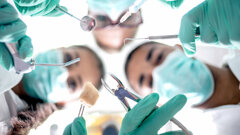


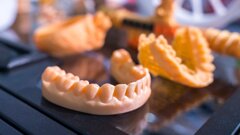




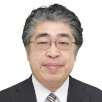













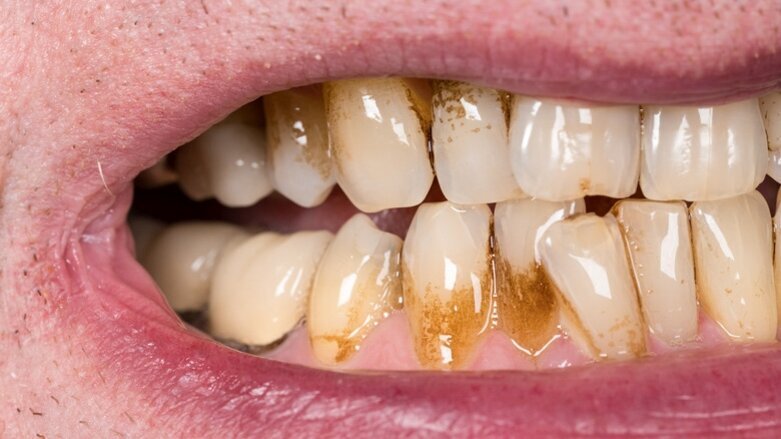

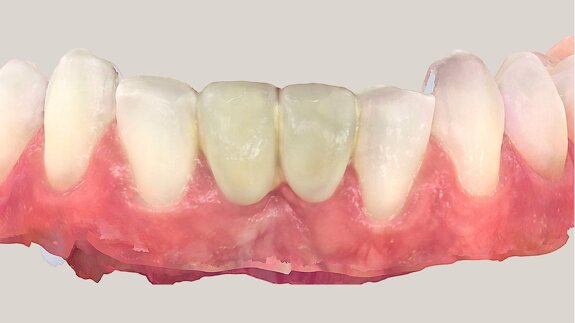

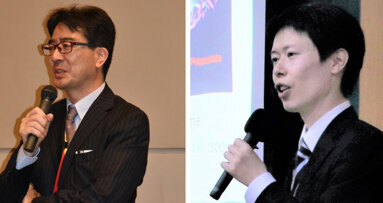
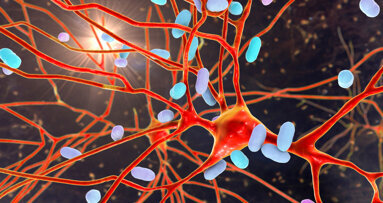

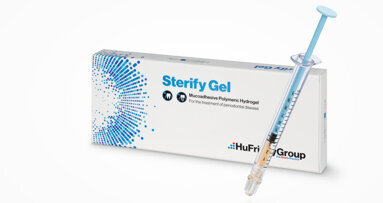
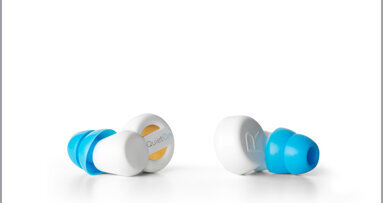

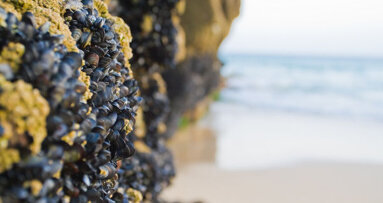
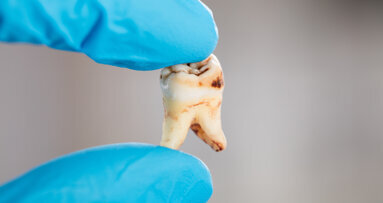
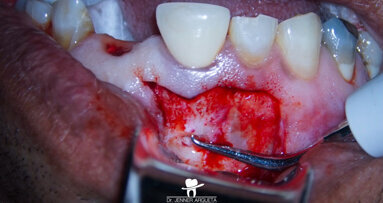










To post a reply please login or register